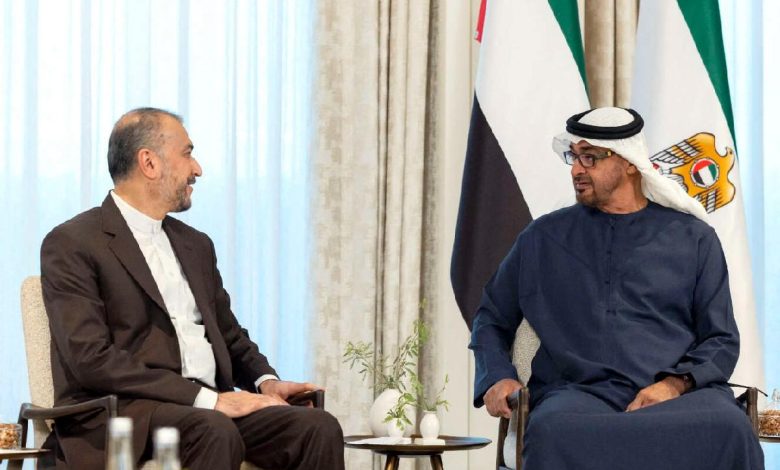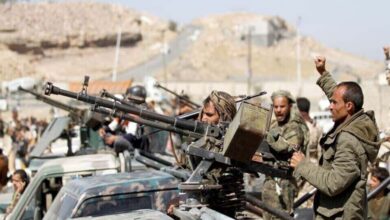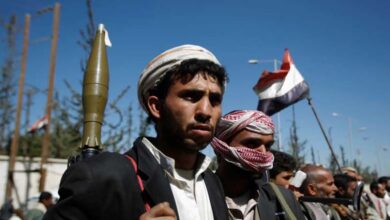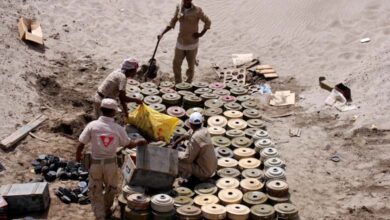Iran opens up to wider cooperation with the UAE amidst the reconciliation efforts

Iranian Foreign Minister Hussein Amir Abdollahian concluded his three-day tour of the Gulf on Thursday with a visit to Abu Dhabi, where he held talks with Emirati President Sheikh Mohamed Bin Zayed Al Nahyan and handed him an invitation from Iranian President Ibrahim Raisi to visit Iran. This comes within the context of diplomatic moves by Tehran to revive dialog with Western countries on thorny issues and with wider openness towards rapprochement with Gulf countries within the path of reconciliation, which was launched upon the signing of a historic agreement between Saudi Arabia and the Islamic Republic under Chinese auspices.
The tour, which also included Qatar, Kuwait and Oman, comes in the context of regional diplomatic breakthroughs that began with the Saudi-Iranian reconciliation, which was sponsored by China three months ago.
During a meeting in Abu Dhabi, Sheikh Mohamed bin Zayed discussed bilateral relations between the two countries and means of enhancing co-operation and joint action to serve their mutual interests, the official WAM news agency reported
Talks also focused on “the importance of building on the positive developments that have been achieved in the region for the benefit of its people and the promotion of stability and prosperity in its countries”, MENA said.
The UAE and Iran signed an air transport agreement that aims to regulate flights between the two countries and increase trade and tourism opportunities.
The agreement “will help create new opportunities for trade, support the operations of state-owned carriers, strengthen economic partnership between businessmen and commercial companies, and encourage free competition”, said Saif Mohammed al-Suwaidi, director general of the UAE’s General Authority for Civil Aviation.
Abdollahian handed Sheikh Mohamed bin Zayed an invitation from Iranian President Ibrahim Raisi to visit Iran, the Iranian Foreign Ministry said in a statement.
Abdollahian’s visit to the UAE comes days after Iran appointed an ambassador to Abu Dhabi for the first time in almost eight years, after the UAE in August upgraded relations with the Islamic Republic and announced it would return its ambassador to Tehran as part of a UAE policy aimed at ending tensions in the Gulf and the Middle East.
Saudi Foreign Minister Prince Faisal bin Farhan visited Tehran on Saturday for the first time since the two main regional powers announced a Chinese-brokered deal in March to resume ties.
Abu Dhabi hosted a meeting last week with Ali Bagheri, Iran’s deputy foreign minister for political affairs and head of the nuclear negotiations, and European diplomats to discuss strategic issues including Iran’s nuclear program.
Iran had previously announced that it was holding indirect talks with the United States through Omani mediation, especially regarding the nuclear program, the US sanctions, and the file of the Americans in its custody.
In Doha, Abdollahian discussed “the latest developments of the nuclear agreement” with his Qatari counterpart, Sheikh Mohamed bin Abdulrahman bin Jassim Al Thani, the official Qatari news agency reported.
Bagheri also met with Enrique Mora, the EU co-ordinator for the nuclear talks, and discussed “a range of issues, including negotiations on lifting sanctions”, Bagheri said.
“In 2015, Iran and major powers (the United States, France, Britain, Russia, China, and Germany) signed a deal on its nuclear program that allowed for the lifting of sanctions in return for a reduction of its activities and a guarantee of the peaceful nature of its program.” “Washington withdrew from it in 2018 and reimposed sanctions on Tehran, which responded by reneging on most of its commitments.”
“Since April 2021, Iran and the states that remain parties to the agreement have been engaged in on-and-off talks aimed at reviving the deal, in which the US has been indirectly involved.” Although progress has been made in these talks, they have not reached the stage of understanding for the reactivation of the agreement.
In recent days, the Iranians and the Americans have denied media reports that the two countries are close to reaching a temporary agreement to replace the nuclear deal.












